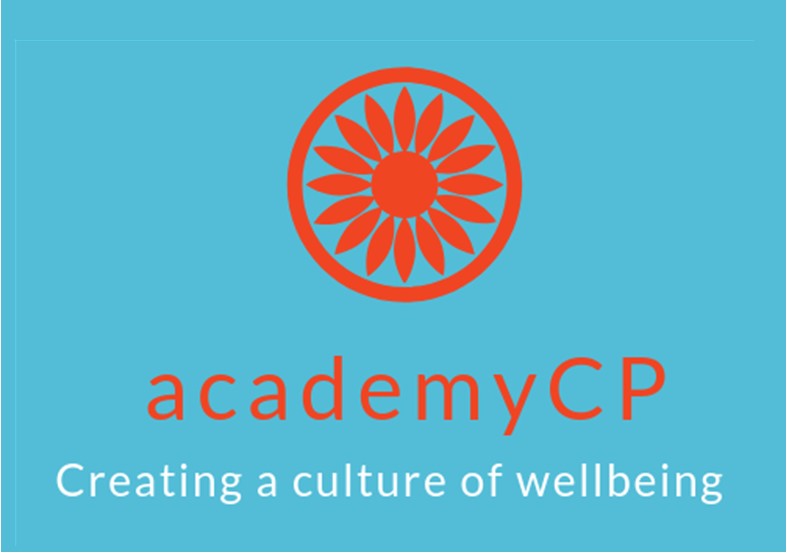
The TED talks have for the past dozen years or so provided free access to some of the sharpest minds across the globe, covering a wide range of topics within the research and practice of science and culture; never more accessible than when told through the prism of a relatable story.
Throughout January we have been enjoying the new addition to the TED output, taking in the series of Interview Podcasts that were released on a weekly basis during the Autumn. These podcasts feature the head of TED, Chris Anderson, in conversation with TED speakers about the ideas they shared in what were some of the most viewed TED Talks.
One of the final interviews in this first series was with Daniel Kahneman, Nobel Prize Winner and widely regarded as one of the world’s most influential living psychologists; an interview in which he looks back to his original TED Talk from 2010 and considers ‘What Shapes Happiness?’.
Kahneman’s original TED Talk (The Riddle of Experience vs Memory) was released online in February 2010 as he was still working on the final edits of his now Internationally Best Selling – ‘Thinking, Fast and Slow’. The psychologist has reviewed his definition of wellbeing over his many years of study and research. He tells us that he used to think that wellbeing was the sum of the quality of someone’s lived experiences. Over the last decade his view has shifted to take both the experiencing and remembering selves into consideration: considering that our subjective reflection on our everyday experiences and major life events matter too. People want to have good stories about themselves, which depends both on how you experience something in the moment and also how you remember experiencing it.
Kahneman’s approach to psychology – that makes it all the more accessible to the reader / listener / viewer – lies his in his ability to deliver experiential anecdotes which serve to support all the tables, formulae, research, delineations, findings that he has recorded over the decades. Intriguing tales that deliver a reasoned approach to the human interaction with the world.
In his interview from December with Anderson, he states that “It is very difficult to think straight about well-being…” but what he delivers in both the original talk and then updates on here certainly goes a long way to helping us “view our own minds”:
Daniel Kahneman’s Original TED Talk – February 2010:
TED Interview Podcast – Chris Anderson & Daniel Kahneman – December 2018:
Via iTunes App:
https://itunes.apple.com/gb/podcast/the-ted-interview/id1437306870?mt=2&ign-mpt=uo%3D4
Via the TuneIn Service:
https://tunein.com/podcasts/Arts–Culture-Podcasts/The-TED-Interview-p1159553/?topicId=127975929

